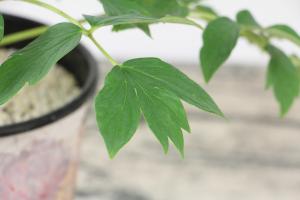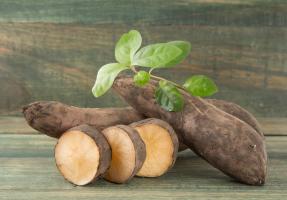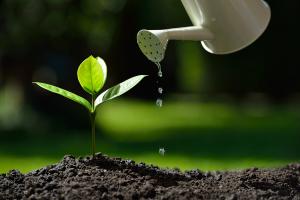Are Plastic Pots Ok for Plants?
When it comes to choosing the right type of pots for your plants, there are a lot of options available. One of the most common types is plastic pots. But are plastic pots ok for plants? Let's explore this question in more detail.
The Pros of Plastic Pots
There are several advantages to using plastic pots for your plants:
Plastic pots are lightweight and easy to handle, making them a great choice for larger plants or for people with mobility issues.
They are also durable and can last for many years with proper care.
Plastic pots are available in a variety of sizes and shapes, so you can find the perfect one to fit your plant's needs.
They also come in a range of colors and styles, allowing you to customize your plants' display and make them look more attractive.
The Cons of Plastic Pots
While plastic pots have many advantages, they also come with some drawbacks:
Plastic is not biodegradable, which means that plastic pots can sit in landfill for many years before breaking down.
Plastic pots can also degrade over time when exposed to sunlight and temperature changes, which can cause them to become brittle and break.
Plastic pots can also retain heat, which can cause the soil to dry out more quickly than in other types of pots.
They can also trap moisture against the plant's roots, which can lead to root rot or other fungal diseases.
Tips for Using Plastic Pots
If you decide to use plastic pots for your plants, there are some tips you should follow to ensure the best results:
Choose pots with drainage holes to prevent overwatering and root rot.
Use a well-draining potting mix to prevent soil from becoming waterlogged.
Try to avoid placing plastic pots in direct sunlight, as this can cause the pot to become brittle and break over time.
Water your plants regularly, but be careful not to overwater them.
Consider using saucers or trays under your plastic pots to catch excess water and prevent it from soaking into your floors or furniture.
Conclusion
In conclusion, plastic pots can be a great choice for your plants, but there are some drawbacks to using them. By being aware of these drawbacks and following some simple guidelines, you can ensure that your plants thrive in their plastic pots for many years to come.

 how many times do yo...
how many times do yo... how many planted tre...
how many planted tre... how many pine trees ...
how many pine trees ... how many pecan trees...
how many pecan trees... how many plants comp...
how many plants comp... how many plants can ...
how many plants can ... how many plants and ...
how many plants and ... how many pepper plan...
how many pepper plan...































